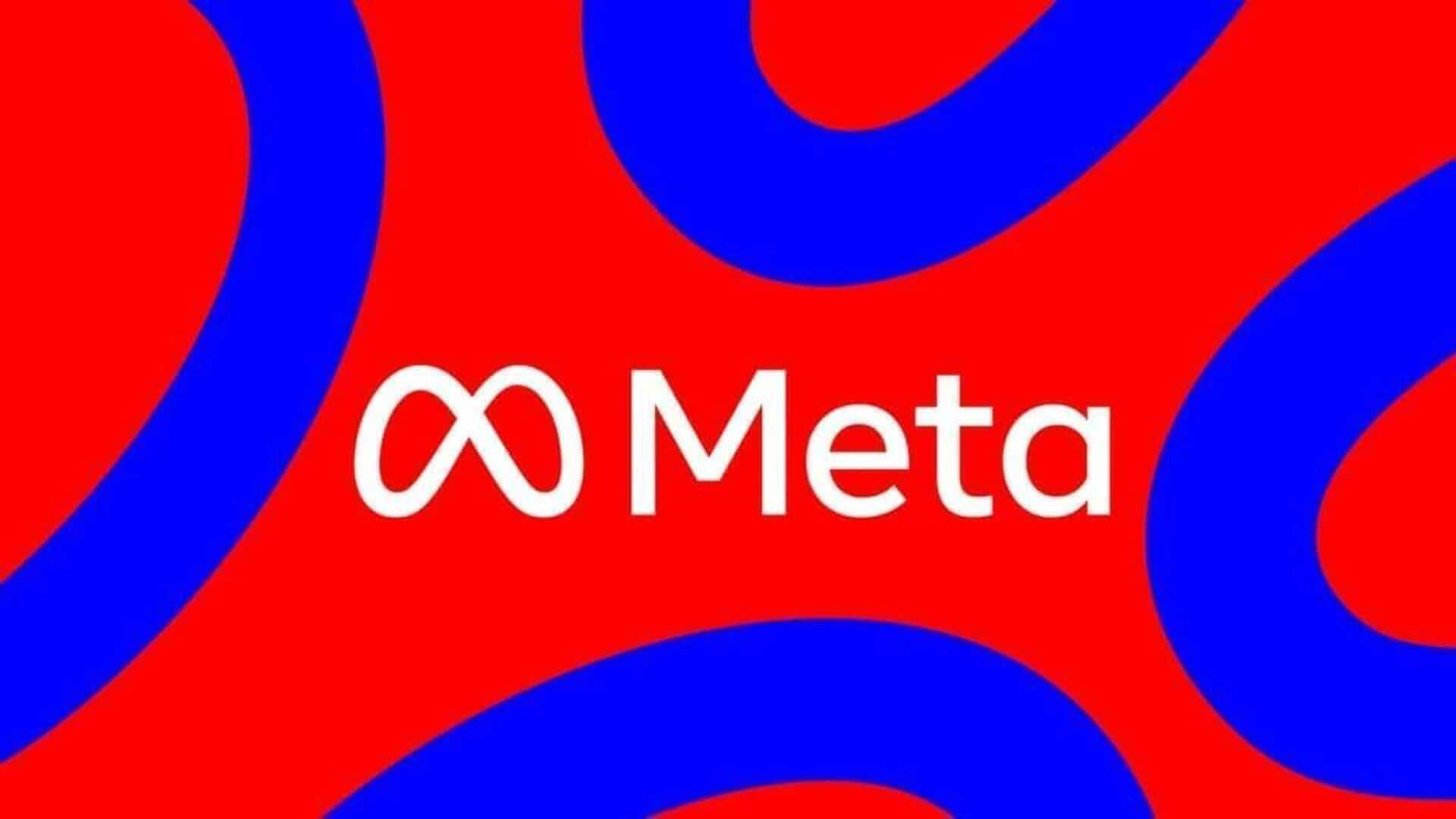
Judge rules Meta isn't monopolistic, preventing breakup of Instagram, WhatsApp
What's the story
Meta, the parent company of Facebook, Instagram, and WhatsApp, has won a major antitrust case in the United States. A federal judge ruled that Meta does not hold a monopoly in social networking. The ruling comes after a historic trial that began in May and could have forced Meta to spin off its popular platforms.
Case details
FTC's case against Meta and the judge's ruling
The US Federal Trade Commission (FTC) had argued that Meta maintained a monopoly by acquiring potential rivals. However, US District Judge James Boasberg ruled that the social media landscape has changed significantly over the past five years. He cited TikTok's rise as an example of increased competition in this space. The judge also criticized the FTC for not considering YouTube as a competitor in their case against Meta.
Legal defense
Meta's legal stance and FTC's response
Meta's Chief Legal Officer Jennifer Newstead had previously criticized the FTC for trying to break up a successful American company while the US government was trying to save Chinese-owned TikTok. The judge's ruling comes as a contrast to earlier decisions that declared Google an illegal monopoly in search and online advertising.
Market competition
What the judge said on Meta's market competition
Judge Boasberg said that the FTC "continues to insist that Meta competes with the same old rivals it has for the last decade, that the company holds a monopoly among that small set, and that it maintained that monopoly through anticompetitive acquisitions." He added, "Whether or not Meta enjoyed monopoly power in the past, though, the agency must show that it continues to hold such power now. The Court's verdict today determines that the FTC has not done so."
Acquisition strategy
Meta's acquisition strategy and FTC's allegations
The FTC had alleged that Facebook, under CEO Mark Zuckerberg's direction, pursued a "buy or bury" strategy against potential competitors. During his testimony, Zuckerberg denied the claim that Facebook bought Instagram to eliminate competition. He acknowledged the existence of emails related to the acquisition but downplayed their significance by saying they were written during early discussions about the deal and didn't fully represent his interest in Instagram.